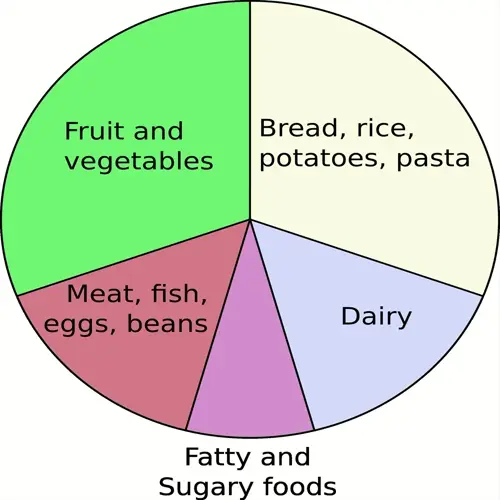Can I get probiotics from common vegetables?

Written by
Tran Quang
Reviewed by
Prof. William Dalton, Ph.D.Common vegetables become probiotic powerhouses through the right fermentation processes. Salt-brined preparation turns ordinary produce into gut health gold. I recommend these fermented foods to patients looking for natural products. Cabbage, cucumbers, and other root vegetables impart diverse cultures of bacteria. These natural plant probiotics are effective for all diets and sensibly offer patients a beneficial effect similar to that of dairy products.
Cabbage Ferments
- Sauerkraut: Develops Leuconostoc mesenteroides cultures
- Kimchi: Features Lactobacillus kimchii strains
- Ferment 1-4 weeks at room temperature
Cucumber Options
- Lacto-fermented pickles: Contain Lactobacillus pentosus
- Use 3-5% salt brine solution
- Require complete vegetable submersion
Root Vegetables
- Fermented carrots: Produce Lactobacillus brevis
- Beet kvass: Develops diverse Lactobacillus strains
- Radish kimchi: Creates unique bacterial profiles
Properly prepared pickles ensure the viability of the probiotic. Use 5% salt brine solutions for all vegetables. Completely immerse the vegetable in the liquid. Keep the room temperature between 65-75°F. Do not use vinegar, as it prevents bacterial growth. Burp the jars daily to release the gas. Cloudy brine indicates successful fermentation. Discard all jars that show signs of mold.
Learning how to easily incorporate fermented vegetables into your meals is a valuable food skill. For sandwiches, add sauerkraut; for salads, use pickle brine in salad dressings. Fermented carrots can be added to grain bowls. Drink beet kvass for a digestive tonic, starting with a tablespoon and increasing the portion over the weeks. Both can be great to combine with prebiotic foods to synergize the overall effort, such as apples.
These vegetable probiotics provide significant benefits for gut health. They introduce different kinds of bacteria into your microbiome. Regular use improves digestion efficiency. Many people notice a reduction in bloating fairly quickly. Rotate different types of fermented foods on a monthly basis. Your digestive structure will flourish by resorting to these easily available plant-based probiotics.
Read the full article: 10 Essential Probiotic Foods List for Gut Health

